Teaching is already a lot. Prepping shouldn’t be.
Inside the Google Drive ENDLESS folder, you’ll find over 4,000 slides ready to use with your K–2 students — covering phonics, math, sight words, seasonal themes, and more.
🔥 40% OFF — the best deal ever!
Everything’s already made for you. Just open your folder, pick a slide, and assign — no editing or formatting needed.
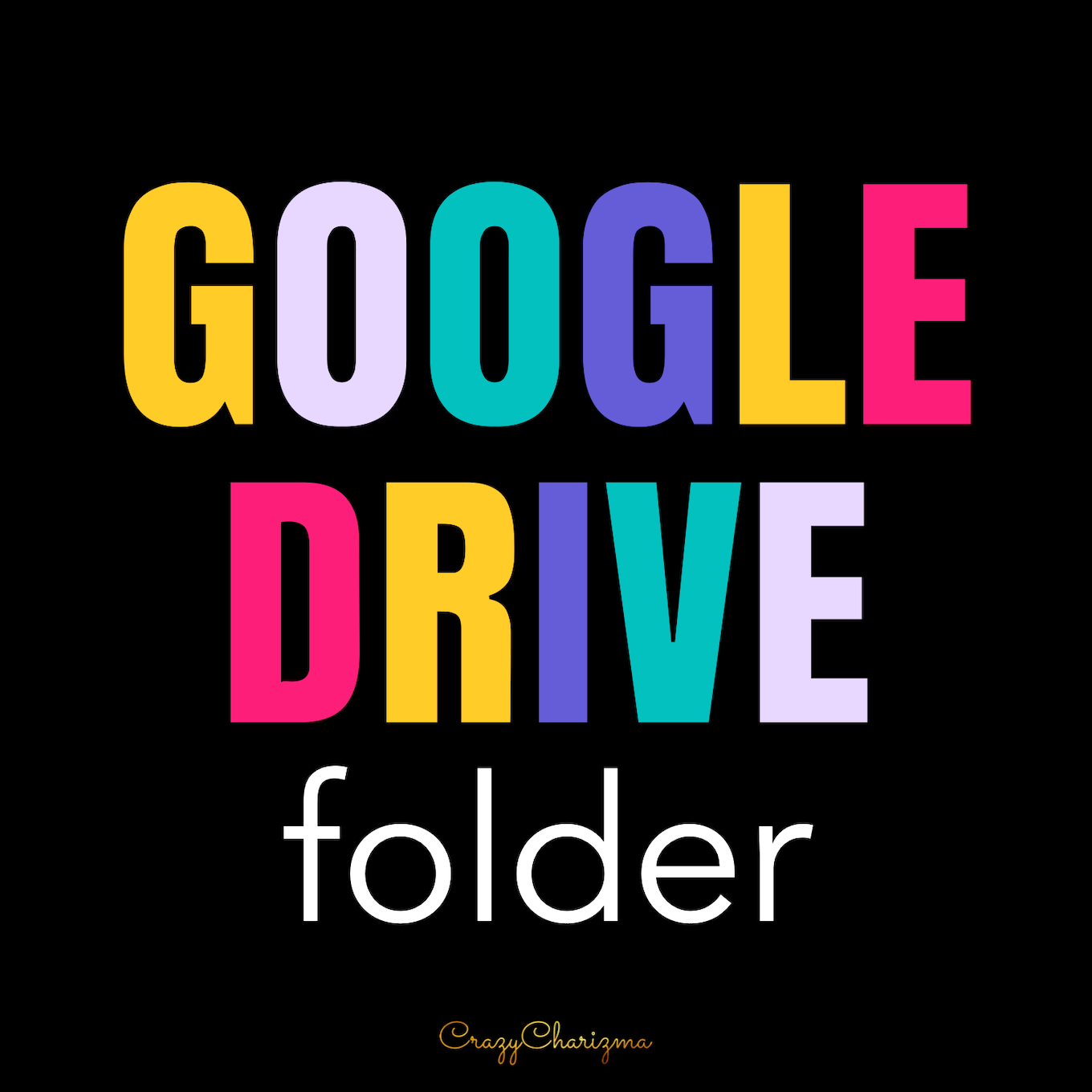
🎉 Get it now for 40% off – the best deal ever!
Prefer shopping on TPT? Buy the folder here.
No subscriptions. No surprise charges. Just one simple payment for a Google Drive folder packed with K–2 resources — and yes, I keep adding more. You’ll get everything inside now plus any future updates, all in one easy-to-access place.
Real reviews about included sets from real teachers (tap to read their full notes!)
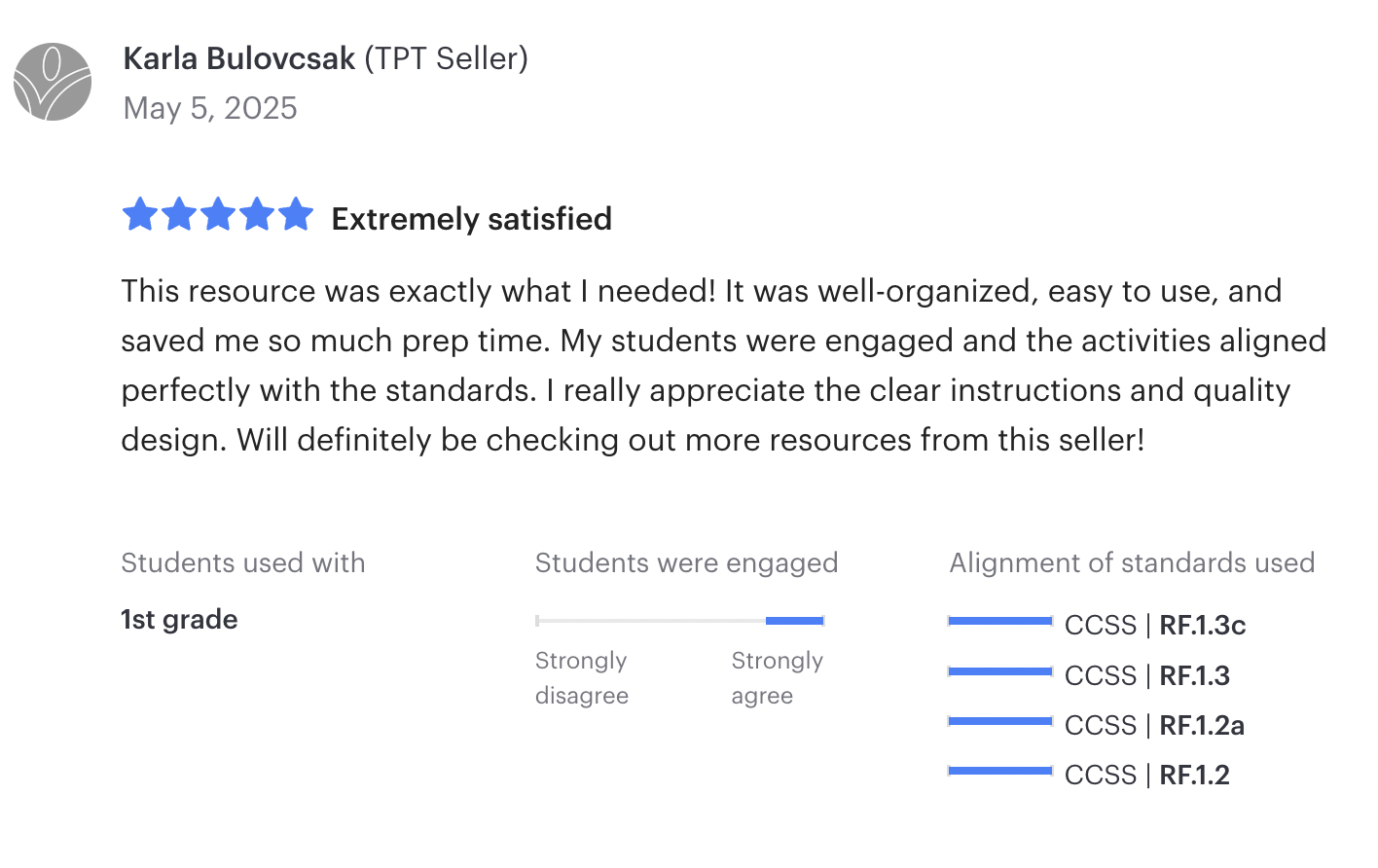
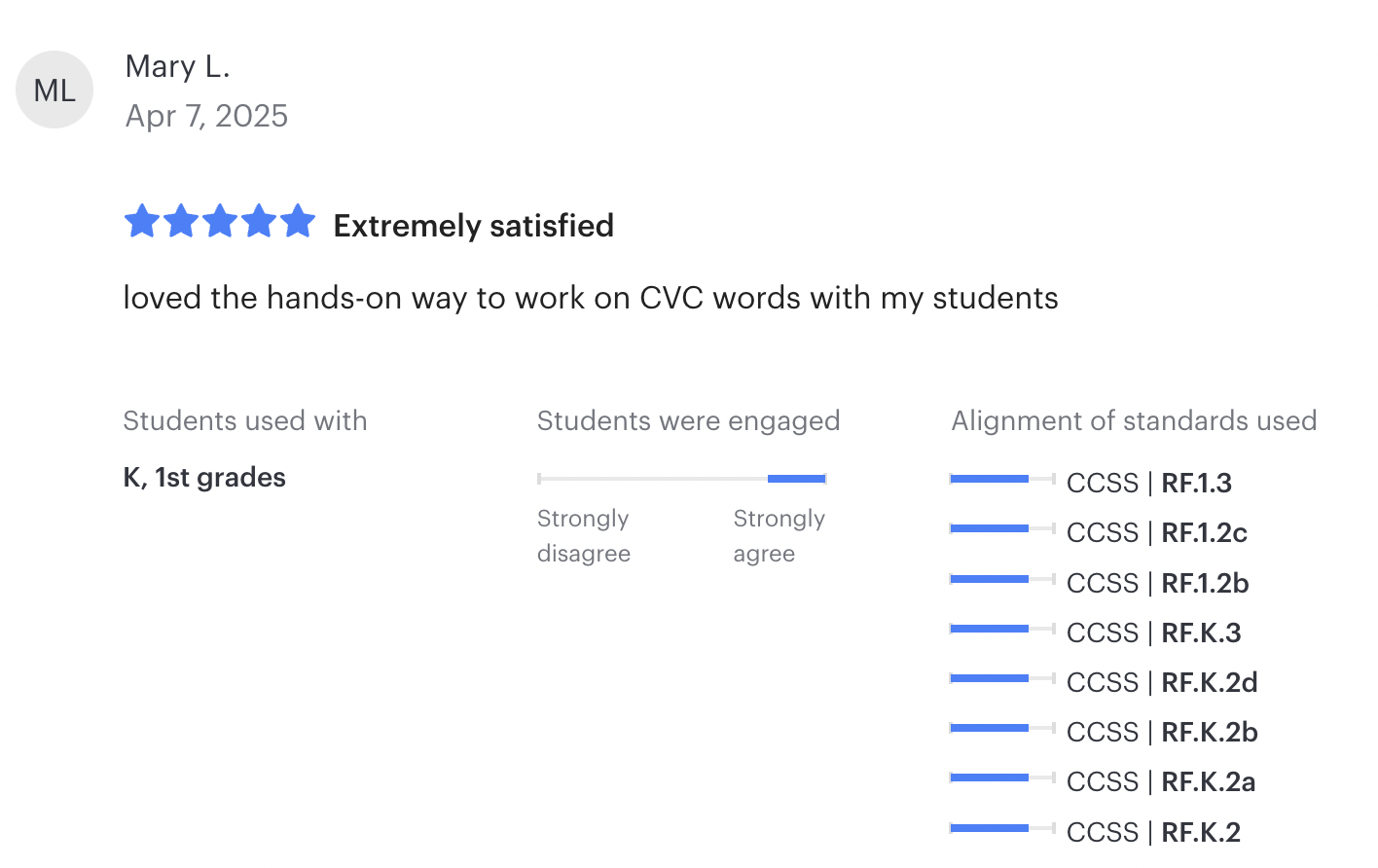
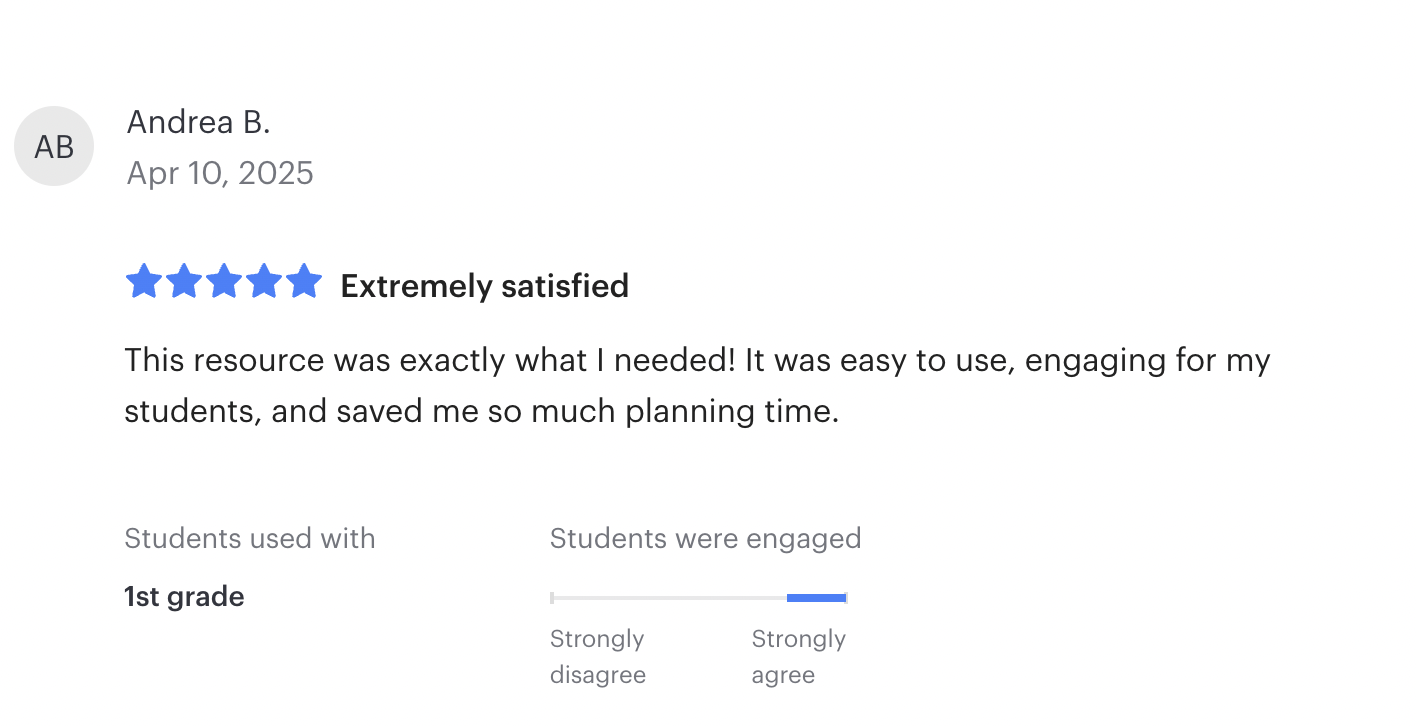
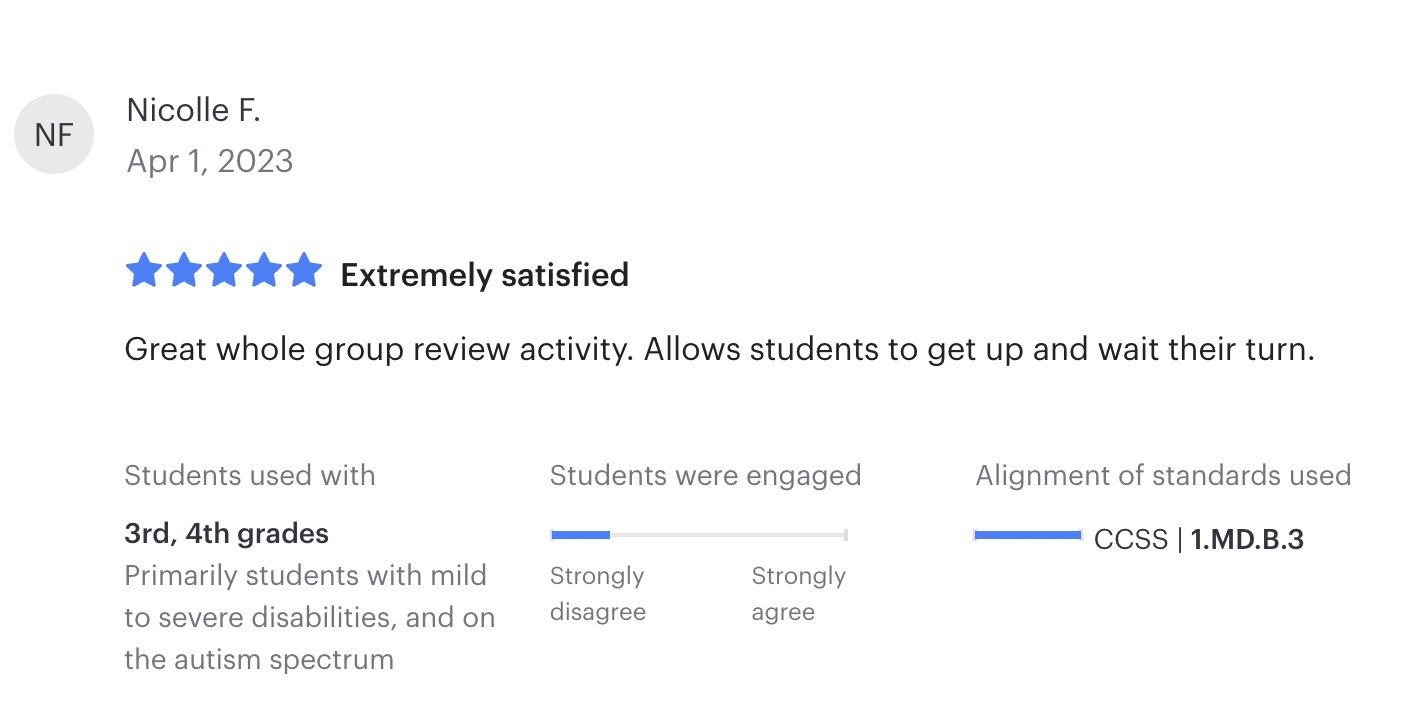
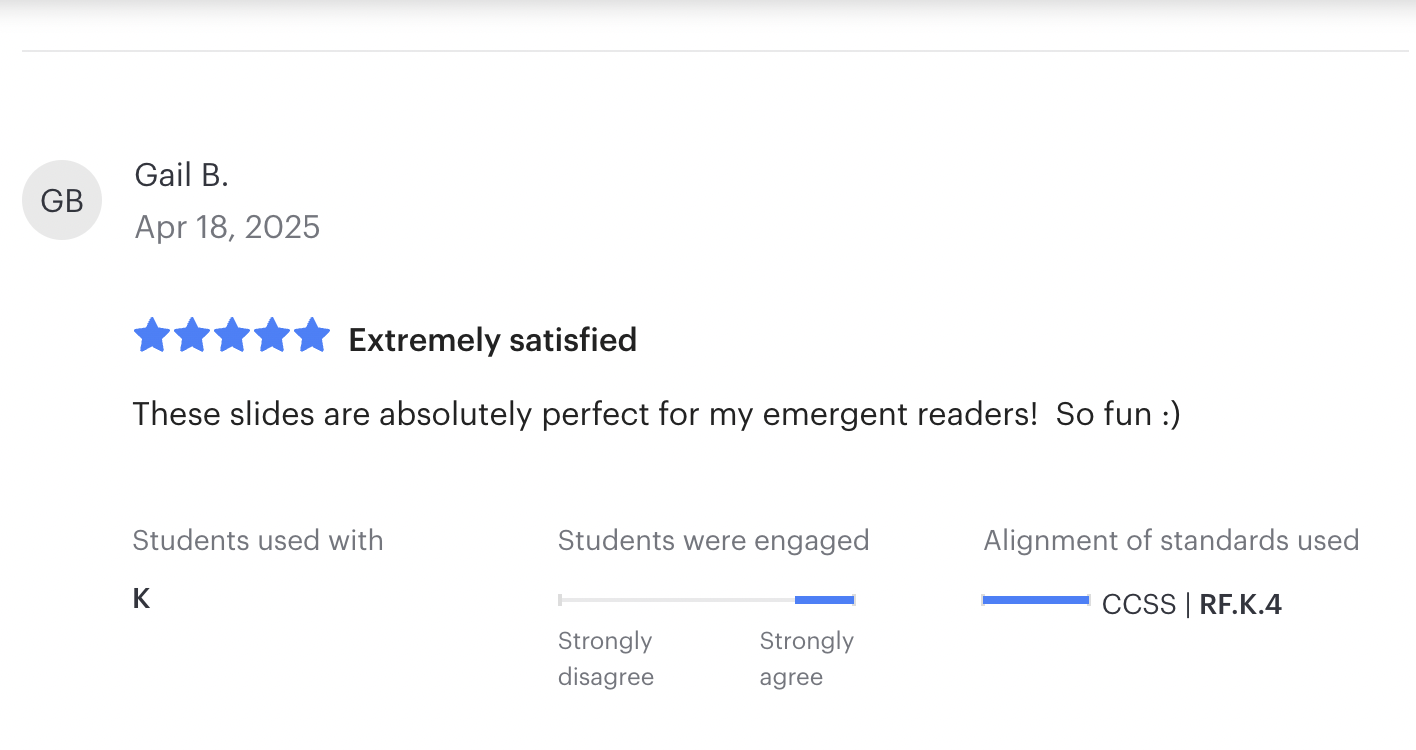
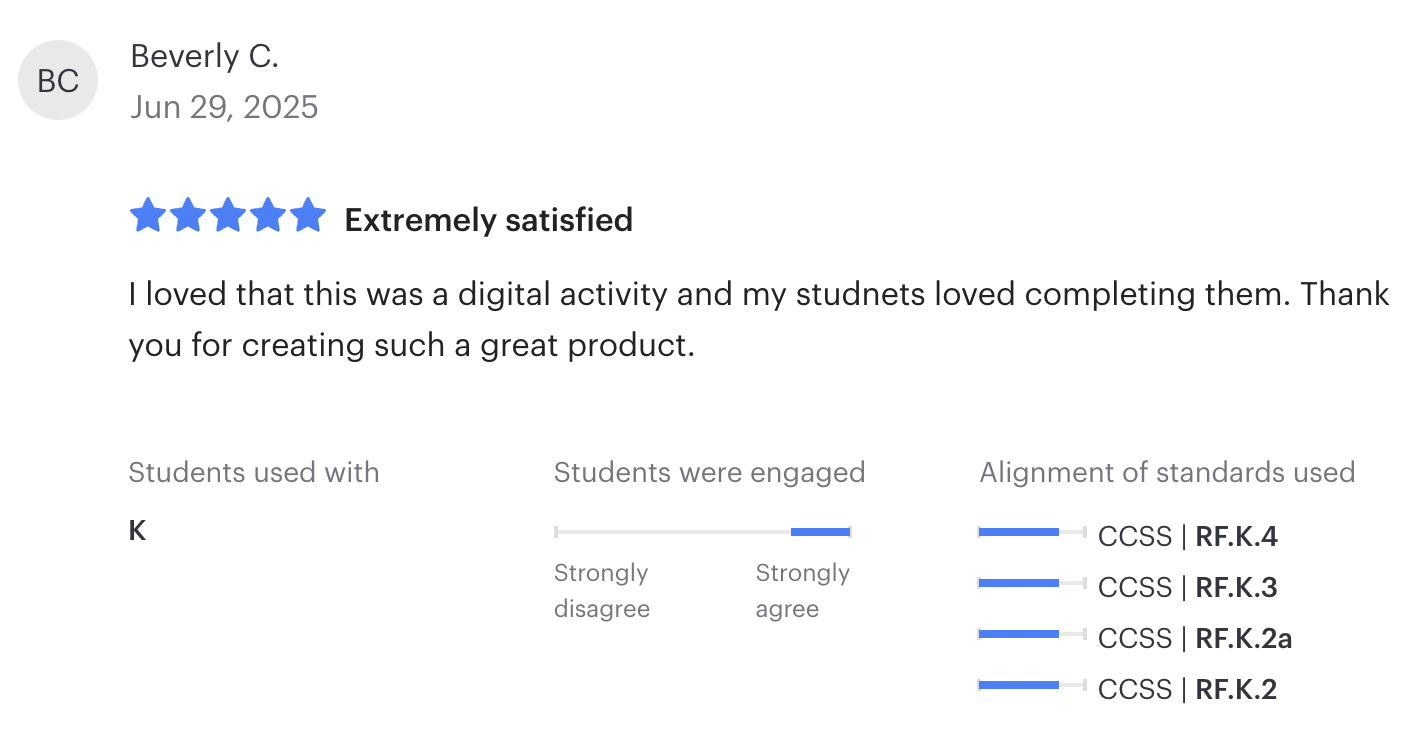
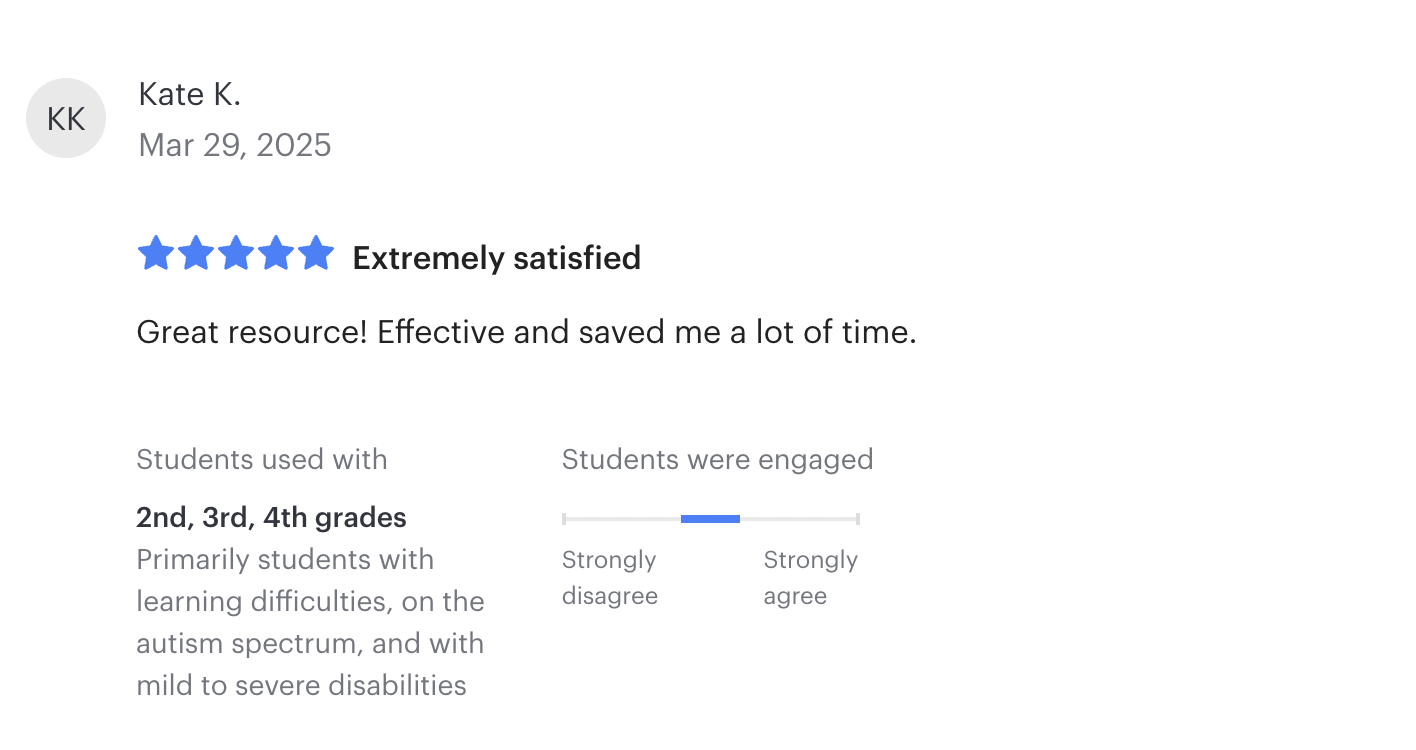
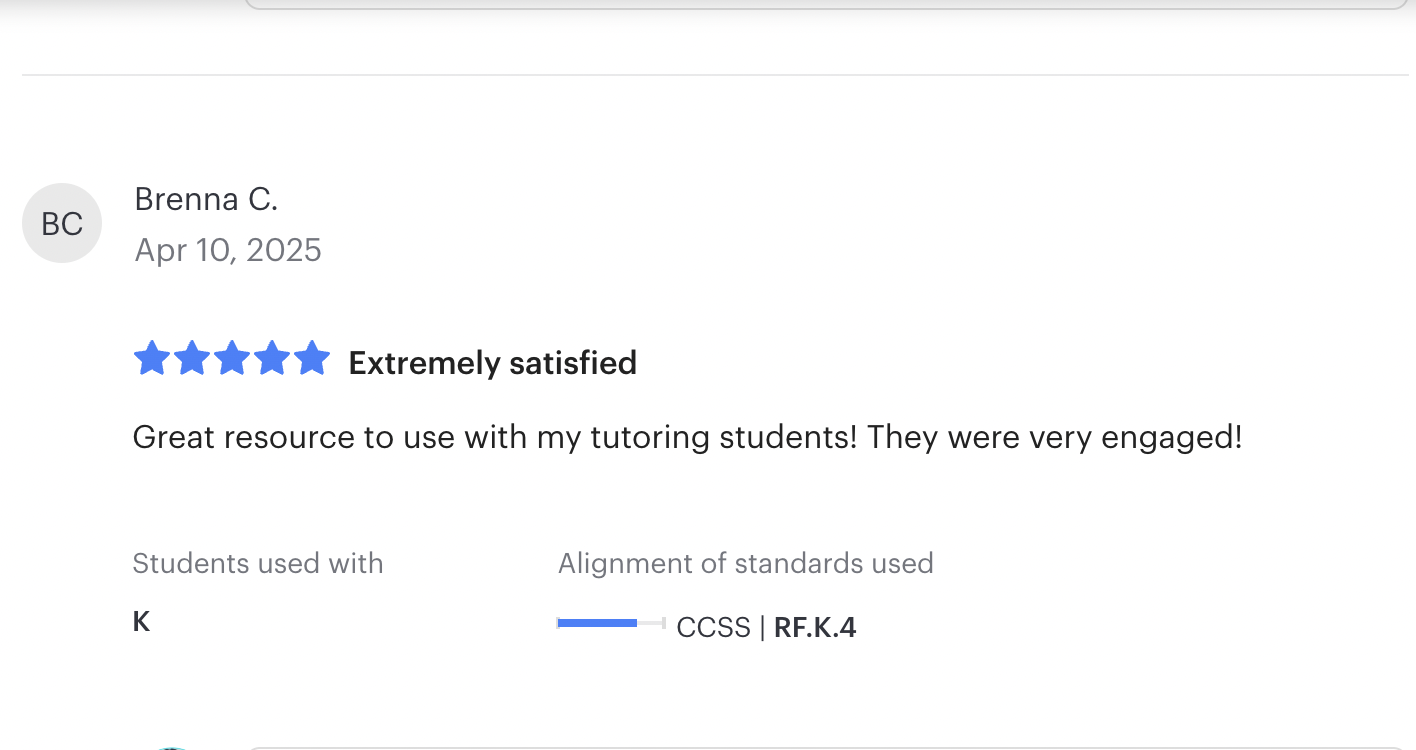
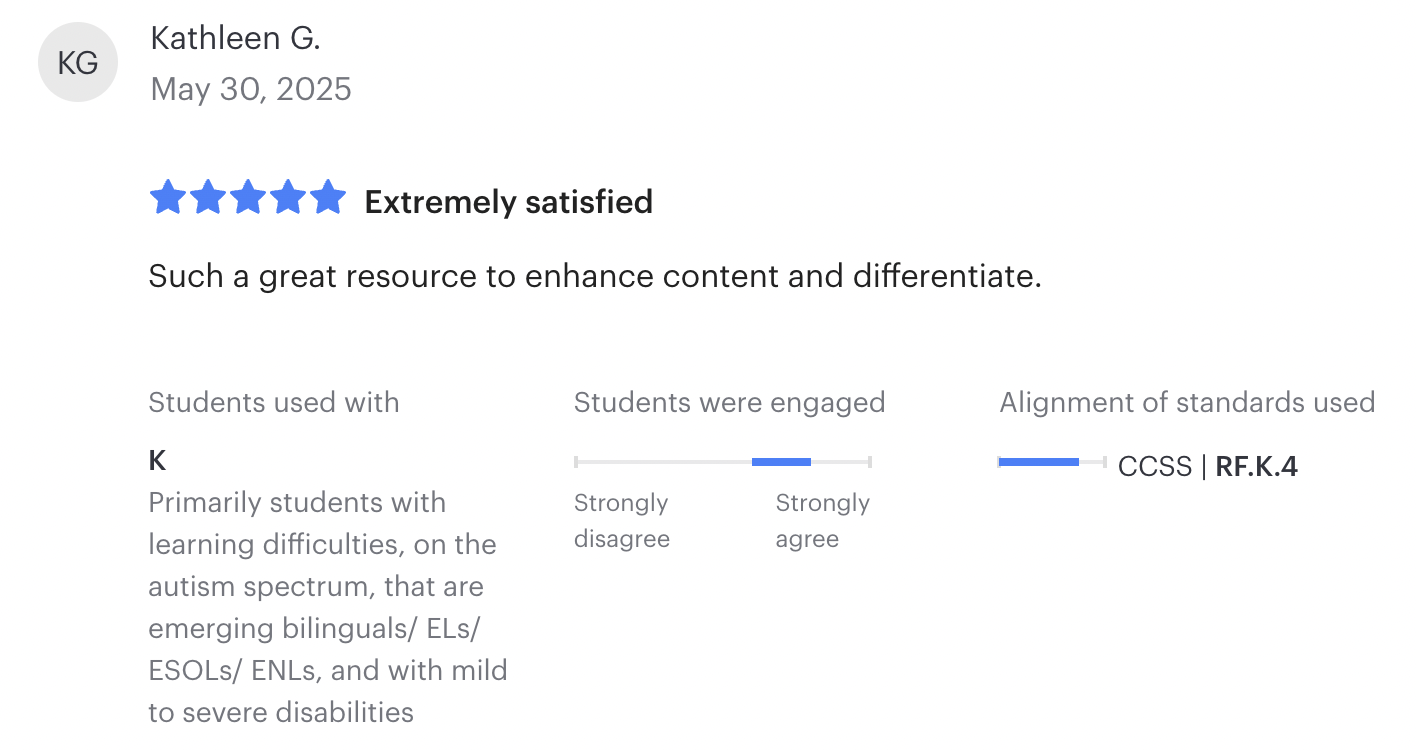
I wasn’t even looking for another resource folder, but this one actually made my life easier. I’ve used it for morning work, homework, and last-minute sub plans — and everything just works. No editing, no formatting. Just open and assign. Love that.
Want to test-drive the folder? Grab some free slides to test out with your class. See if it’s your style — no pressure.
Download the freebies here.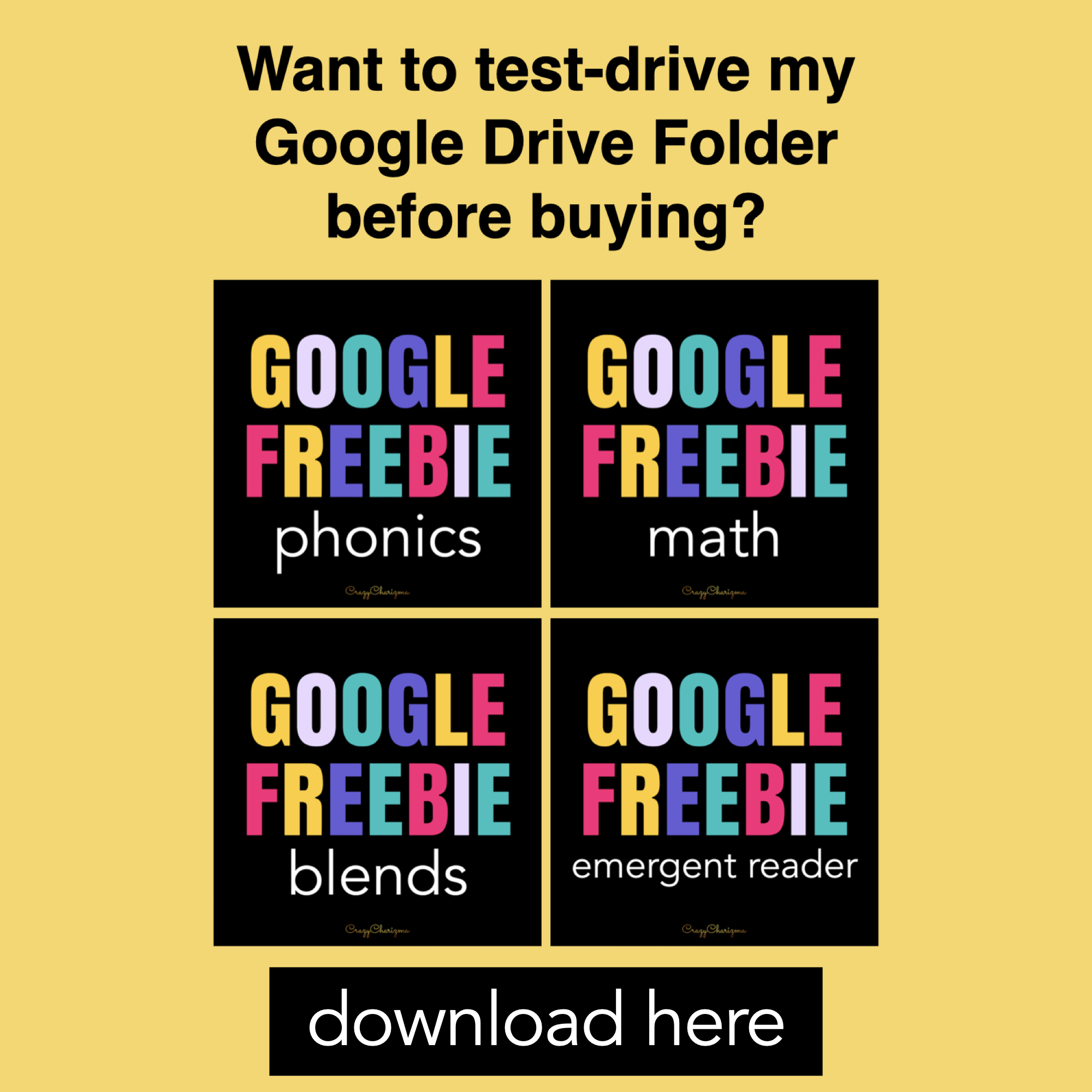
What’s inside (and why teachers love it)
- Packed with resources. You’ll get a huge collection of pre-made Google Slides covering must-have skills across phonics, math, reading, and more.
- Super engaging. The slides are interactive and fun — perfect for getting your students involved without a ton of prep on your end.
- Includes future updates. If I add new resources to the folder, you’ll get access to those too — no extra cost.
- No subscriptions. Just a one-time payment. No monthly charges. No surprises. Buy once, use whenever.
- Use it your way. Works great in the classroom or online — whole group, small group, centers, homework, early finishers… you choose!
I use this folder all the time — for centers, homework, even those ‘what do I do with them now?’ moments. It’s just nice knowing I have quality activities ready to go without spending hours prepping. One of the few purchases I’ve actually used year-round.
Many ways to use the included resources:
- home practice
- independent practice
- early finishers
- sub plans
- homework
- morning work
- literacy rotations, etc.

What skills are covered?
You’ll find a mix of foundational and fun — perfect for daily practice, review, and keeping your students engaged across the year.
Phonics & Reading:
→ Sight word practice
→ CVC & CVCe games
→ Blends, digraphs, rhyming, syllables, word families
→ Emergent readers with repetitive text and visual support (great for confidence + independence)
Math:
→ Place value
→ Addition + subtraction
→ Comparing numbers
→ Telling time
→ Money, shapes, measurement
Seasonal & Holiday Activities:
→ Easy-to-use slides for Halloween, Christmas, Valentine’s Day, and all the seasonal transitions — fall, winter, spring, summer
Using this along with some SoR resources to teach struggling readers. Love it!
See some resources in action
Sight words and phonics sets
Blends and digraphs sets
Math games sets
Emergent readers
The resources included so far in this Google Drive Folder
Sight Words Practice (High-Frequency Words)

- Typewriters - Sight word practice
- Monsters - Building sentences with sight words
- Clean room - Searching and reading sight words
- Keyboards - Sight word practice
- Llamas - Puzzles with sight words
- Cats - Building sight words
- Candyland - Wordsearch with sight words
- Tetris - Playing blocks with sight words
- Strawberry - Choosing the correct spelling of sight words
- Dinos - Sight word practice
CVC Words Practice

11. Gumball machines - Beginning, middle, ending sounds in CVC words
12. Unicorns - Building sentences with CVC words
13. Pianos - Word families practice
15. Escalators - Word ladders with CVC words
16. Crayons - Building sentences with CVC words
17. Slinky - Expanding sentences with CVC words
18. Trains - CVC words practice

19. Cameras - Matching CVC words with images
22. Puzzles - Building sentences with CVC words
23. Balloons - Building CVC words
24. Boxes - Finding images on the slide and matching with CVC words
25. Quilt - Matching CVC words with images
CVCE Words Practice

26. Submarine - CVC and CVCe word sort
27. Giraffes - CVCe words practice
28. Little monsters - CVCe words practice
29. Word builder - CVC and CVCe word builder
Blends Practice

30. L Blends puzzles
31. L Blends doors
33. L Blends in sentences - Tropics
34. R Blends - Teal
37. R Blends in sentences - Animals
38. S Blends - Lime
Digraphs Practice

44. Digraphs in sentences - Sloths
Number Sense Practice

46. Counting to 5
47. Numbers to 10
48. Counting to 10
51. Numbers to 20
Addition and Subtraction Practice

53. Addition to 10
55. Addition and subtraction within 10
Telling Time and Money Practice
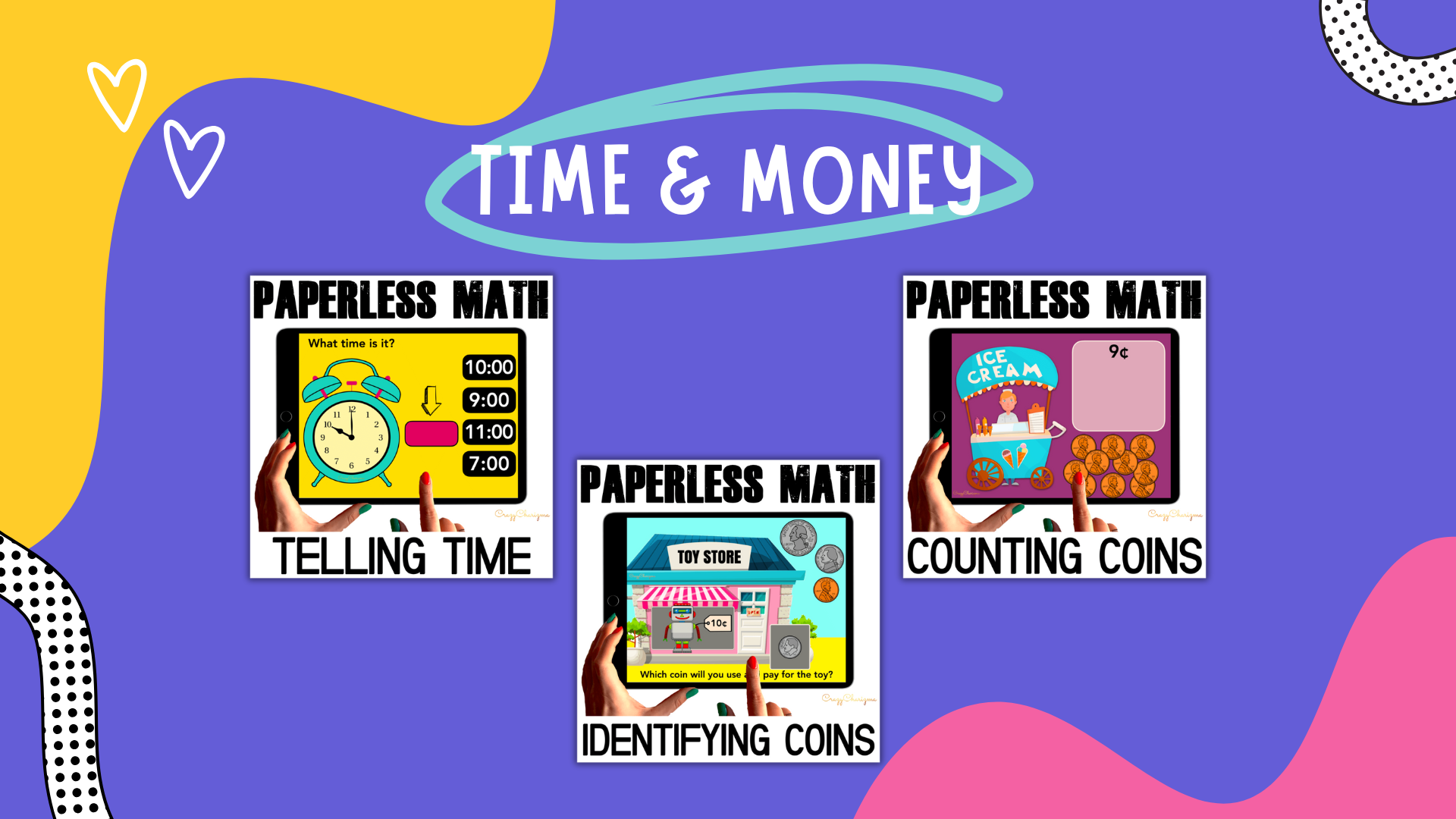
58. Telling time
60. Counting coins
Shapes and Measurement Practice
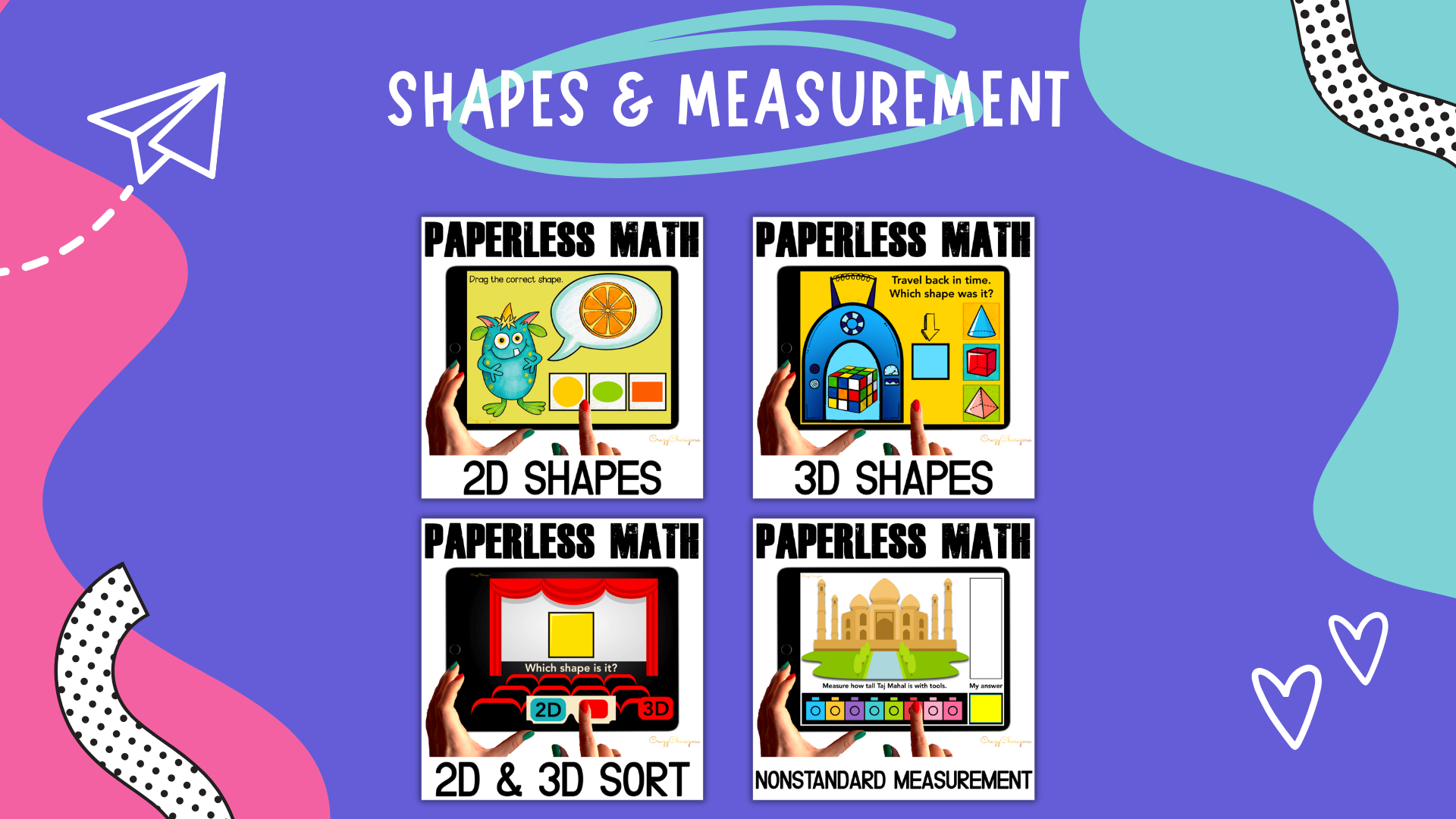
61. 2D shapes
62. 3D shapes
Emergent readers
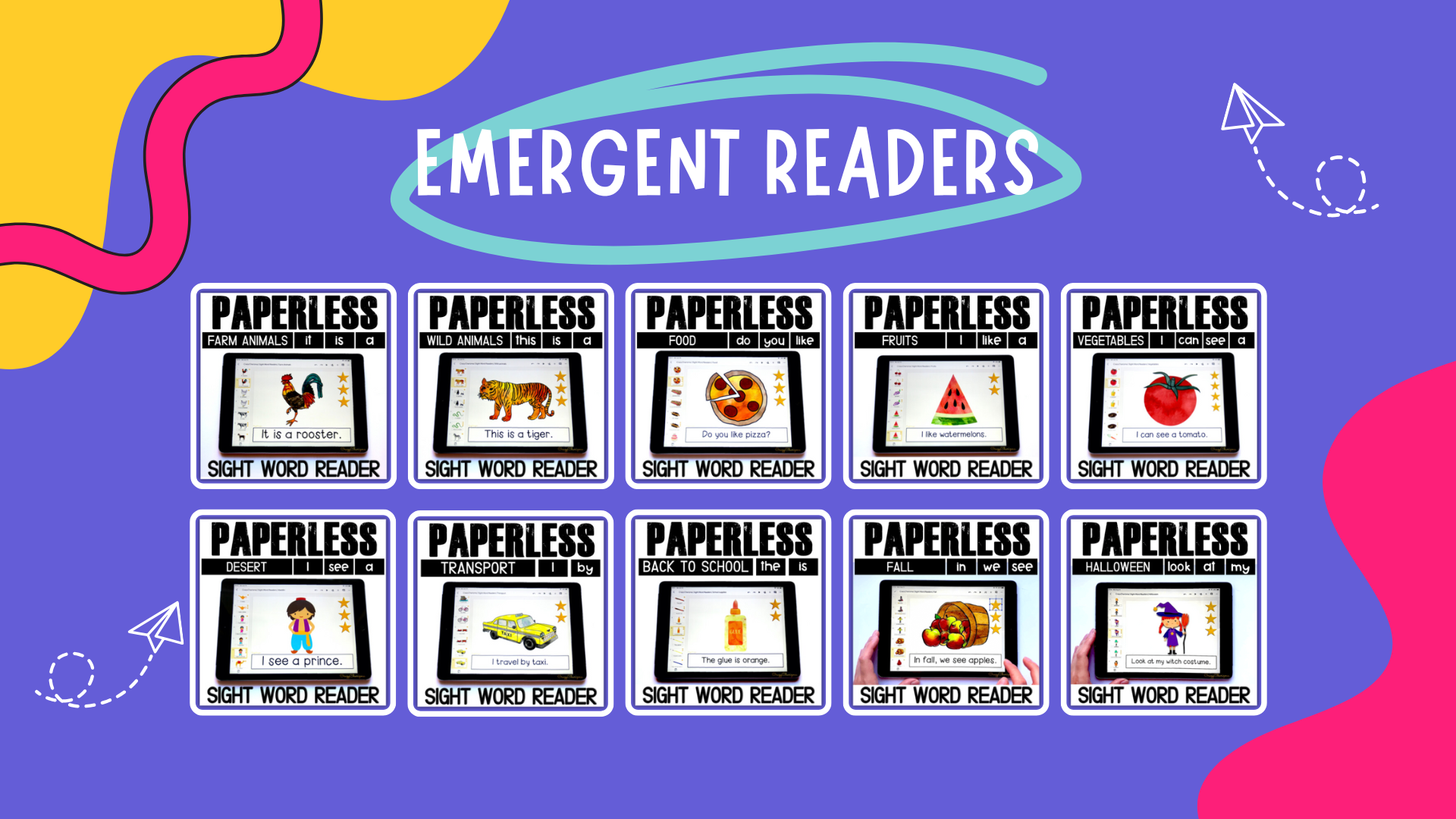
65. Farm animals
66. Wild animals
67. Food
68. Fruit
69. Vegetables
70. Desert
71. Transportation
72. School things
73. Fall / autumn
74. Halloween
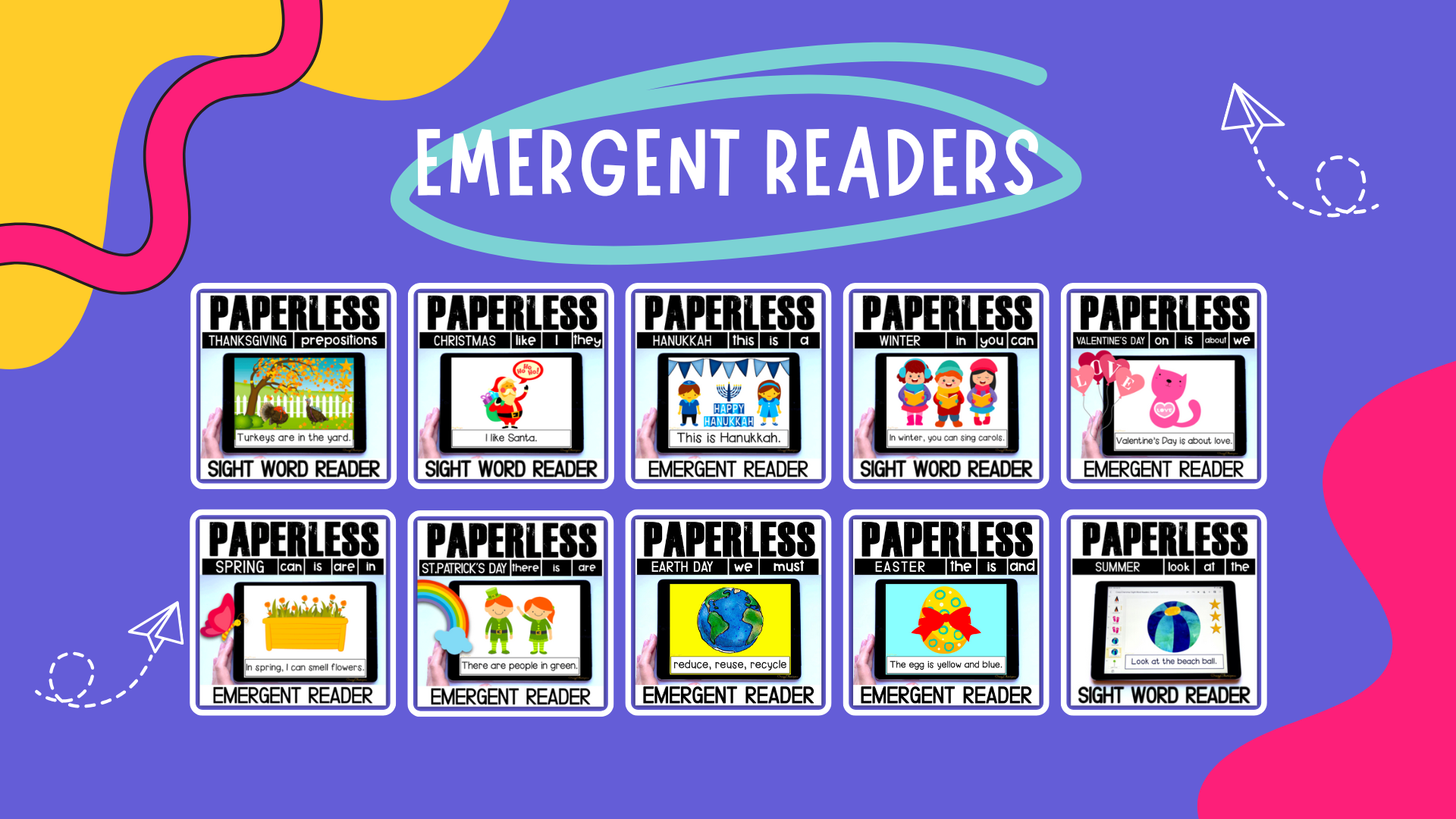
75. Thanksgiving
76. Christmas
77. Hanukkah
78. Winter
79. Valentine's Day
80. Spring
81. St.Patrick's Day
82. Earth Day
83. Easter
84. Summer
Holiday and Seasonal Activities
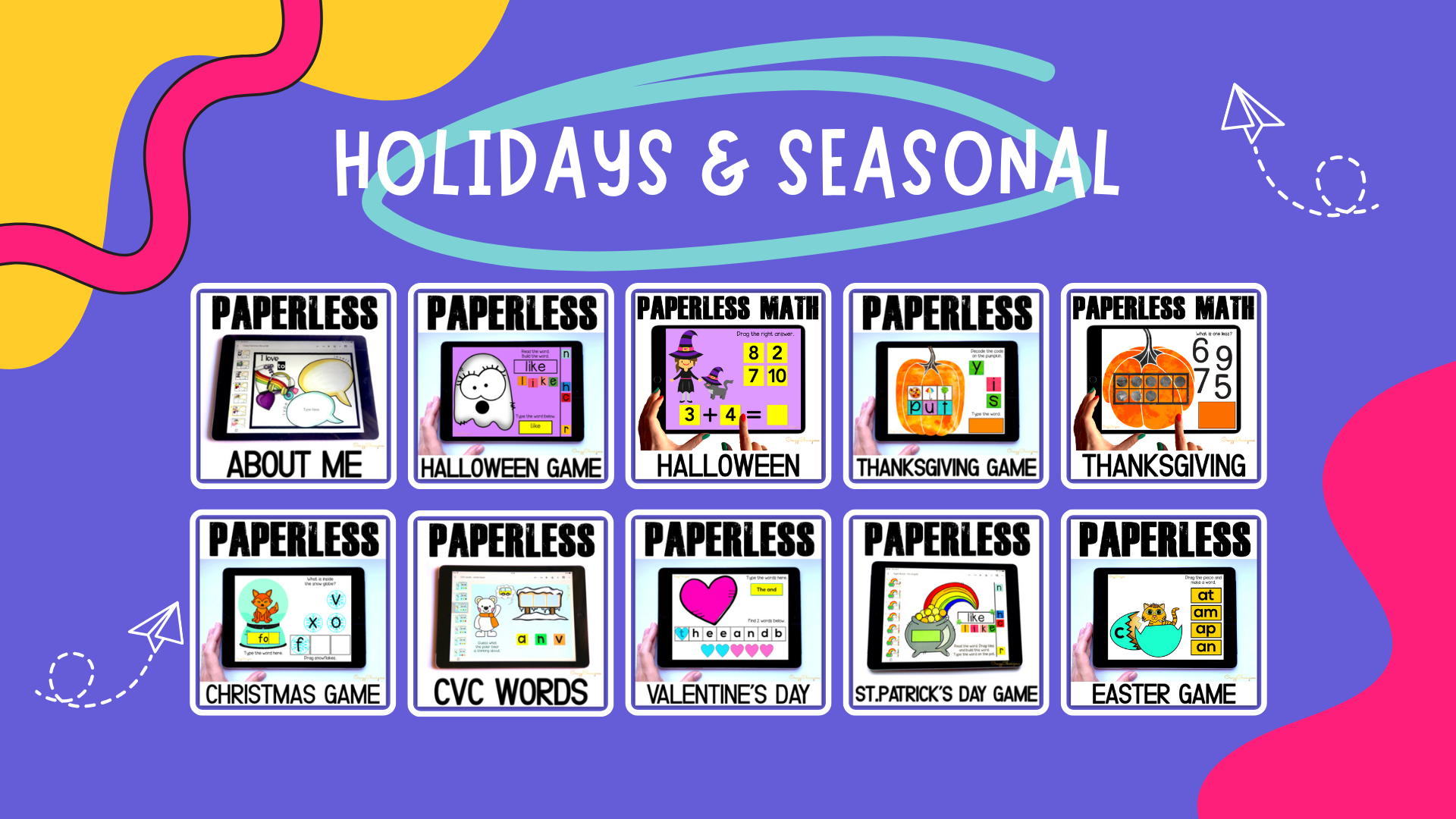
85. About me
89. Thanksgiving math practice
91. Winter CVC words - Polar bears
94. Easter practice
Extra resources
More details about this Google Drive Folder
Number of slides: 4471 (and growing)
Grade Levels: PreK, Kindergarten, 1st, 2nd, Homeschool
Your folder questions ❓❓❓ — answered
Tap on the question to see the answer.
1. How do I get the folder after I buy?
Once you check out, you’ll get a link to your Google Drive folder. It’s instant and automatic — you’ll have everything in just a few clicks.
2. Can I share this with my teaching team or grade level?
This license is for one teacher only. Please don’t share the folder — your purchase helps me keep making more helpful resources just for you!
3. Will I get updates?
Yep! I occasionally add new resources to the folder. You’ll get access to those too — no extra cost, no chasing links.
4. What if I’m not sure this is right for me?
Try the freebies first! You’ll get a sample of what’s inside so you can see if it fits your needs.
5. Will I be able to edit the slides?
Nope — the slides aren’t editable. But they’re designed to be ready-to-use as-is. Just open the folder, pick a set, and assign. No formatting, no fiddling.
6. Is this a one-time purchase?
Yep! No subscriptions, no monthly charges, no sneaky fees. You pay once, and the folder’s yours to use whenever.
Common Core Standards Addressed
Reading: Foundational Skills
- RF.K.1d: Recognize and name all upper- and lowercase letters of the alphabet.
- RF.K.2: Demonstrate understanding of spoken words, syllables, and sounds (phonemes).
- RF.K.2a: Recognize and produce rhyming words.
- RF.K.2b: Count, pronounce, blend, and segment syllables in spoken words.
- RF.K.2c: Blend and segment onsets and rimes of single-syllable spoken words.
- RF.K.2d: Isolate and pronounce the initial, medial vowel, and final sounds (phonemes) in three-phoneme (consonant-vowel-consonant, or CVC) words. (This does not include CVCs ending with /l/, /r/, or /x/.)
- RF.K.3: Know and apply grade-level phonics and word analysis skills in decoding words.
- RF.K.3a: Demonstrate basic knowledge of one-to-one letter-sound correspondences by producing the primary sound or many of the most frequent sounds for each consonant.
- RF.K.3b: Associate the long and short sounds with common spellings (graphemes) for the five major vowels.
- RF.K.3c: Read common high-frequency words by sight (e.g., the, of, to, you, she, my, is, are, do, does).
- RF.K.3d: Distinguish between similarly spelled words by identifying the sounds of the letters that differ.
- RF.K.4: Read emergent-reader texts with purpose and understanding.
- RF.1.1a: Recognize the distinguishing features of a sentence (e.g., first word, capitalization, ending punctuation).
- RF.1.2: Demonstrate understanding of spoken words, syllables, and sounds (phonemes).
- RF.1.2a: Distinguish long from short vowel sounds in spoken single-syllable words.
- RF.1.2b: Orally produce single-syllable words by blending sounds (phonemes), including consonant blends.
- RF.1.2c: Isolate and pronounce initial, medial vowel, and final sounds (phonemes) in spoken single-syllable words.
- RF.1.2d: Segment spoken single-syllable words into their complete sequence of individual sounds (phonemes).
- RF.1.3: Know and apply grade-level phonics and word analysis skills in decoding words.
- RF.1.3a: Know the spelling-sound correspondences for common consonant digraphs.
- RF.1.3b: Decode regularly spelled one-syllable words.
- RF.1.3c: Know final -e and common vowel team conventions for representing long vowel sounds.
- RF.1.3g: Recognize and read grade-appropriate irregularly spelled words.
- RF.1.4: Read with sufficient accuracy and fluency to support comprehension.
- RF.2.3: Know and apply grade-level phonics and word analysis skills in decoding words.
- RF.2.3a: Distinguish long and short vowels when reading regularly spelled one-syllable words.
- RF.2.4: Read with sufficient accuracy and fluency to support comprehension.
Language
- L.K.1f: Produce and expand complete sentences in shared language activities.
Counting and Cardinality
- K.CC.A.1: Count to 100 by ones and by tens.
- K.CC.C.7: Compare two numbers between 1 and 10 presented as written numerals.
Geometry
- K.G.A.1: Describe objects in the environment using names of shapes, and describe the relative positions of these objects using terms such as above, below, beside, in front of, behind, and next to.
- K.G.A.2: Correctly name shapes regardless of their orientations or overall size.
- K.G.A.3: Identify shapes as two-dimensional (lying in a plane, “flat”) or three-dimensional (“solid”).
Measurement and Data
- K.MD.A.1: Describe measurable attributes of objects, such as length or weight. Describe several measurable attributes of a single object.
- 1.MD.B.3: Tell and write time in hours and half-hours using analog and digital clocks.
Operations and Algebraic Thinking
- K.OA.A.1: Represent addition and subtraction with objects, fingers, mental images, drawings, sounds (e.g., claps), acting out situations, verbal explanations, expressions, or equations.
- K.OA.A.2: Solve addition and subtraction word problems, and add and subtract within 10, e.g., by using objects or drawings to represent the problem.
- K.OA.A.5: Fluently add and subtract within 5.
Ready to make planning easier?
Grab the folder and get instant access to 4000+ ready-to-use slides for K–2. No subscriptions. No overwhelm. Just resources that actually save you time.
⏳ Grab it now while it’s 40% off. No subscription. Just one simple payment.
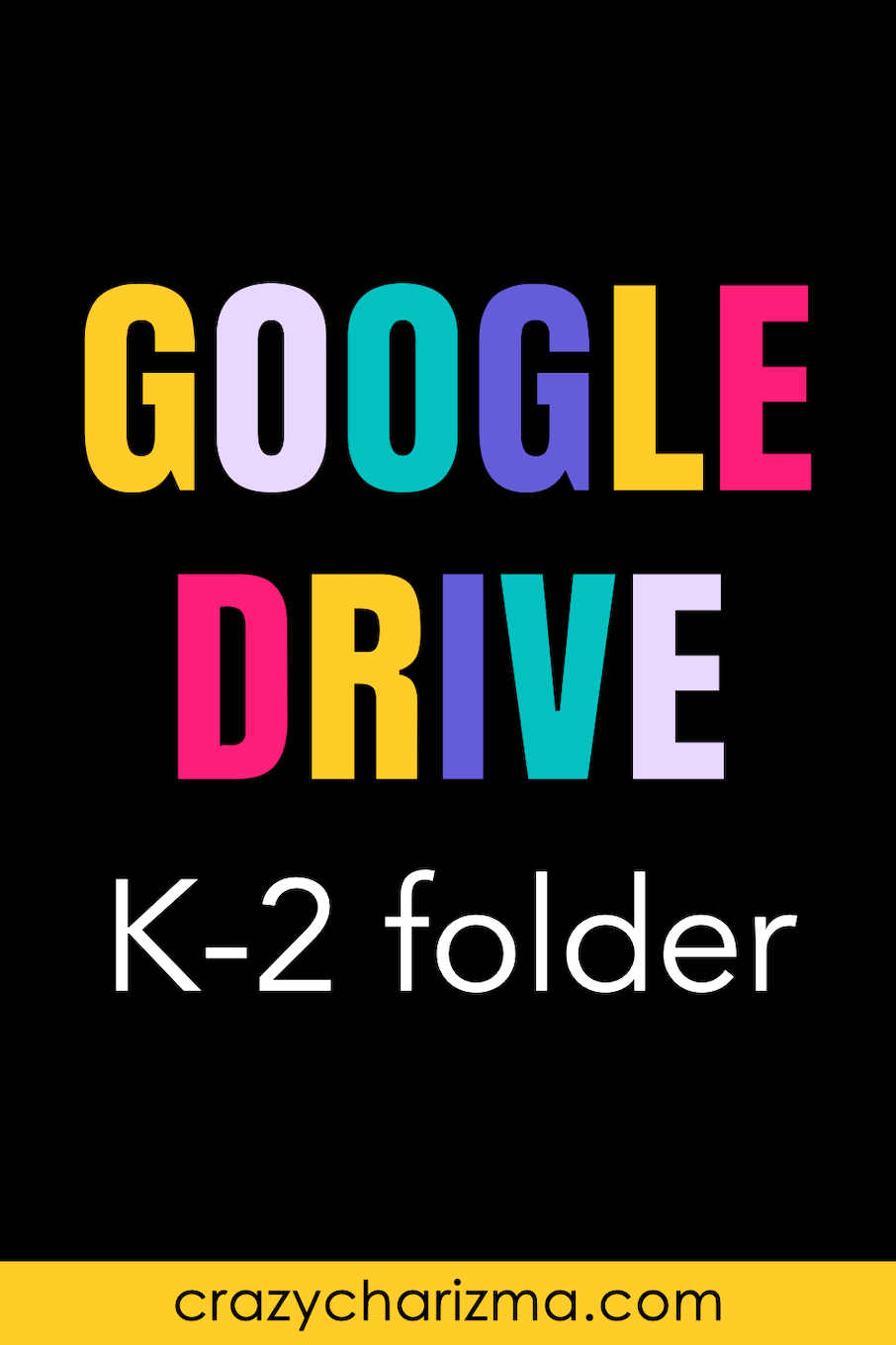
Spread the word and share this offer.
